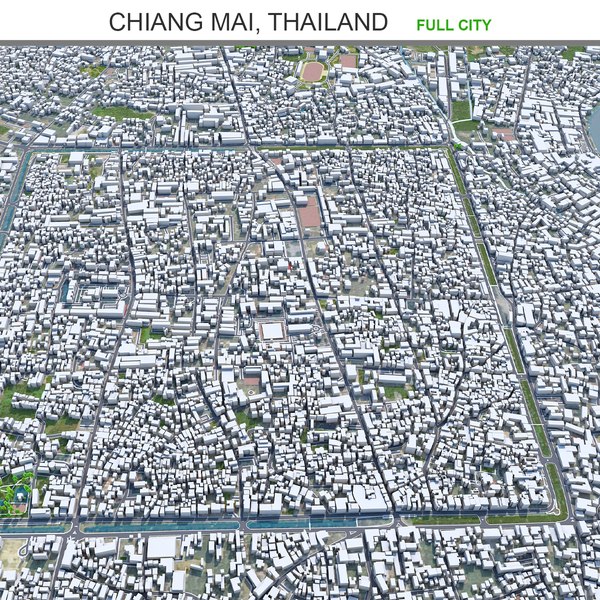Introduction
 Medication addiction is a complex and pervading problem that affects people, people, and societies worldwide. It is characterized by the compulsive utilization of medications despite their harmful effects. Drug addiction is a worldwide problem that transcends social, social, and financial boundaries, affecting individuals of all many years, races, and experiences. This report aims to supply a brief history of medicine addiction, highlighting its factors, effects, and feasible solutions.
Medication addiction is a complex and pervading problem that affects people, people, and societies worldwide. It is characterized by the compulsive utilization of medications despite their harmful effects. Drug addiction is a worldwide problem that transcends social, social, and financial boundaries, affecting individuals of all many years, races, and experiences. This report aims to supply a brief history of medicine addiction, highlighting its factors, effects, and feasible solutions.
Causes of Drug Addiction
Numerous factors contribute to the introduction of medication addiction, including genetic, ecological, and behavioral elements. Genetics are likely involved in identifying ones own susceptibility to addiction. Research shows that certain hereditary aspects can make certain people prone to becoming dependent on drugs. Environmental elements, particularly exposure to substance abuse in the family members or neighborhood, in addition perform an important role. Furthermore, psychological and personal factors, including tension, psychological state issues, and peer force, can contribute to addiction.
Results of Drug Addiction
Medicine addiction features extreme repercussions on individuals and community all together. At someone level, drug addiction can somewhat impair one’s actual and psychological state. Drug abuse can result in persistent diseases, including liver and lung damage, heart related illnesses, and an elevated danger of infectious conditions like HIV/AIDS. Additionally, medicine addiction frequently results in emotional conditions such as for example despair, anxiety, and psychosis. In addition, addiction can strain individual interactions, cause financial uncertainty, while increasing the likelihood of unlawful participation.
On a broader scale, drug addiction puts a large burden on society. It impacts healthcare methods, as addiction-related medical remedies and rehabilitation programs in many cases are high priced. In addition, drug addiction plays a part in increased criminal activity rates, as people risk turning to illegal tasks to maintain their particular addiction. Additionally, drug-related accidents and impaired output hinder financial growth and development.
Possible Solutions
Dealing with medicine addiction calls for an extensive and multi-faceted strategy. Prevention efforts should consider knowledge and increasing understanding about the cabin chiang mai potential risks of drug use. Efficient techniques include school-based avoidance programs, neighborhood understanding campaigns, and specific interventions for vulnerable communities.
Furthermore, treatment and rehab options needs to be made available and inexpensive to all the those fighting drug addiction. This involves establishing rehab facilities, providing counseling and therapy, and making sure the option of medication-assisted therapy techniques such as for example methadone or buprenorphine. Support systems and aftercare programs will also be essential in guaranteeing long-lasting data recovery.
Furthermore, discover a necessity for stricter regulation and control when you look at the pharmaceutical business to stop the misuse of prescription medications. Ensuring the availability of alternate pain management methods can reduce the dependence on opioids, reducing the threat of addiction.
Conclusion
Drug addiction is a complex problem with profound effects for folks and culture. Its causes are multi-faceted and need multiple ways to prevention and treatment. By increasing awareness, boosting education, improving usage of therapy, and implementing stricter regulations, community usually takes considerable measures toward decreasing the prevalence and influence of medicine addiction. Combating medicine addiction necessitates collective attempts from governing bodies, health experts, communities, and individuals to mitigate its results and supply help to those affected.
